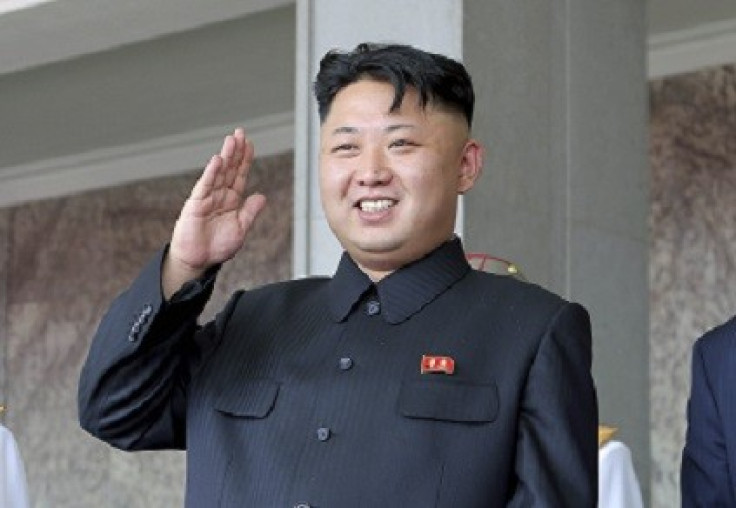20,000 Prisoners 'Disappear' from North Korean Camp

Tens of thousands of people have 'disappeared' from one of the most brutal labour camps in North Korea, according to a human rights group.
Up to 20,000 inmates are thought to have been allowed to die at 'Camp 22' - a massive prison complex which stretches some 31 miles (50km) in length by 25 miles in width - before it closed last year, according to a report by the Committee for Human Rights in North Korea (HNRK).
The Washington-based group claims thousands of people were executed, left to starve or die from disease. The group says they got information from North Korean defectors, including former prison guards and survivors of the camp.
One defector claims that the prisoner population of the camp, in the province of North Hamgyong, dwindled rapidly from 30,000 to 3,000 before its closure in December 2012 amid a national food shortage.
Defectors told the group that some 8,000 prisoners could have been transferred to another camp in North Korea's network of gulags, but there are no suggestions the rest were released.
HNRK said in the report: "Through a vast system of unlawful imprisonment, the North Korean regime isolates, banishes, punishes and executes those suspected of being disloyal to the regime.
"North Korea's 2009 currency devaluation (which reportedly left camp authorities unable to purchase food in markets to supplement the crops grown in the camps), combined with bad harvests, resulted in the death of large numbers of prisoners after 2010," the report adds.
"If even remotely accurate, this is an atrocity requiring much closer investigation."
The group admit proving the claims is difficult, as North Korea frequently denies the existence of forced labour prison camps, therefore making it doubtful that officials could accurately calculate the decline in Camp 22's population.
The organisation also fears the North Korean regime will attempt to erase evidence of atrocities at the camp or eliminate surviving prisoners.
Inside the camps, inmates are reported to have been fed poison for experimentation, while women have been forced to kill their own children and forced to stone each other to death.
Reports suggest some have even resorted to eating rats and frogs in order to survive.
Roberta Cohen, co-chairman of HRNK, is calling for the International Red Cross to be granted access to the secretive camps.
"An accounting of the fate and whereabouts of all of North Korea's political prisoners, including those missing and those who have died in detention, should be of highest priority to the UN commission of inquiry and the entire international community," she said.
© Copyright IBTimes 2024. All rights reserved.






